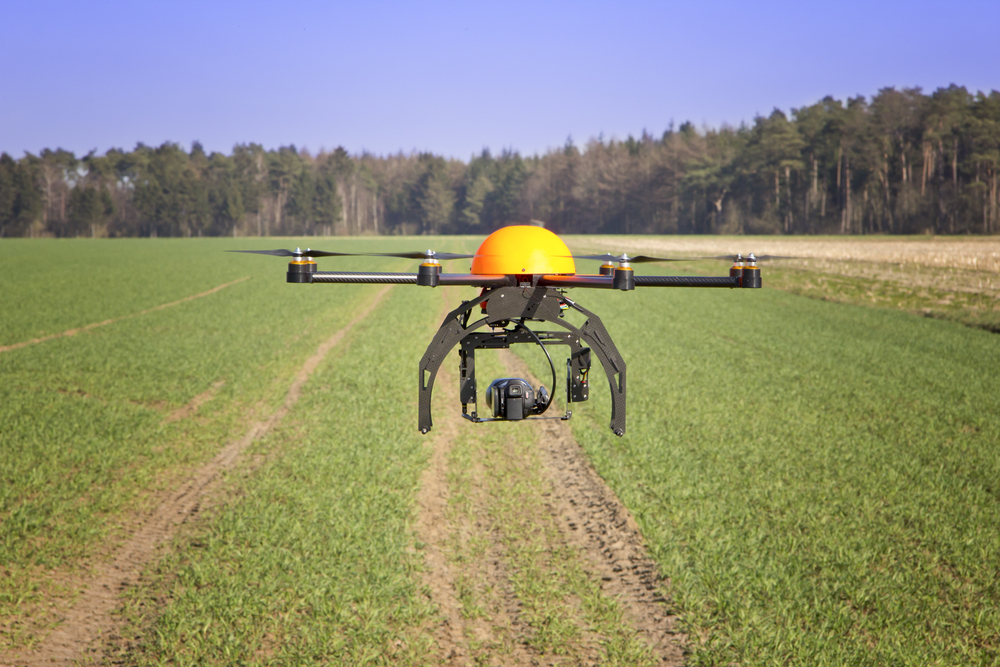
Agriculture faces many challenges ranging from climate change to rising food demand due to population growth.
On 7 June MEPs adopted an own-initiative report on how technological innovation could help to increase agricultural productivity in a sustainable way.
Report author Anthea McIntyre, a UK member of the ECR group, answered questions about it during a live broadcast on the the EU Parliament's Facebook page.
McIntyre insisted that innovation could be used for every type of agriculture: "We have to ensure all our farmers can benefit from technological innovation."
She also favoured cooperation between farmers and scientists: "I want to very much see farmers involved in creating things, benefiting from technology, but also steering the way, actually identifying particular problems they’ve got. It’s not just in the lab."
The report identifies several domains where research should be encouraged and supported, for example when it comes to plant breeding techniques.
"Plant breeding already has saved a land about the size of Latvia," said the MEP.
"We can produce more on less land. That means that we are not destroying all biodiversity, which we want to maintain on our planet."
McIntyre also stressed the importance of water management: "It’s frightening agriculture uses 70% of the world's fresh water.
"The first thing is to improve the breeding of crops so we have crops that require less water, but also look at the precision of irrigation techniques."
The MEP also addressed people's fears about using technology in agriculture.
"There are lots of techniques that people would welcome if they understood a bit more about it," she said. "We need to have a much wider debate to look at the techniques that are available and see how we can benefit.
"We also need to look at both the risks and potential benefits."
